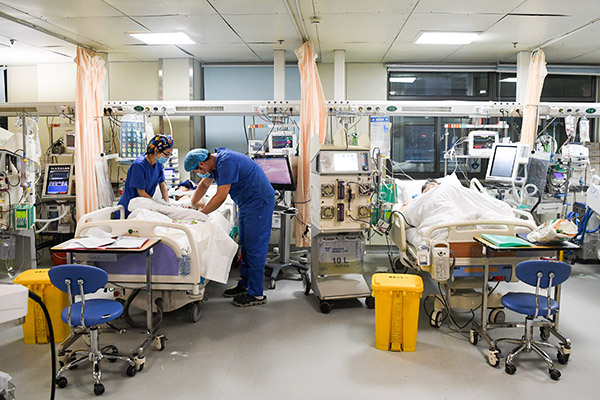Overcapacity reduction and economic structure optimization

The State Council executive meeting, presided over by Premier Li Keqiang on May 10, passed the 13th Five-Year Plan to develop China’s border areas, heard reports on overcapacity reduction, and urged efforts to upgrade information consumption and increase domestic demand.
Details: >> Quick view: State Council executive meeting on May 10
Further cuts in pre-approvals for industrial and commercial registration
The State Council has decided to further cancel pre-setup approval administrative items, and change five of them to post-setup registrations.
The five items include the establishment of pawnshops and their branches; the approval of joint-venture printing enterprises and foreign-invested decorating and printing enterprises; the setup of printing and publishing enterprises; the setup of permanent agencies by foreign airlines in China, and production permits for civil aviation products.
Details: >> State Council to further cut pre-approval items for industrial and commercial registration
Major medical reform tasks in 2017

The State Council issued a circular for 56 major medical reform tasks in 2017, including reforms in hierarchical diagnosis and treatment, public hospitals, universal healthcare, medicine supply, and comprehensive regulation.
Details: >> China details major tasks in healthcare reform
More budget for compulsory education

The central government’s budget for compulsory education was raised to 117 billion yuan ($17 billion), 7 billion yuan higher than in 2016, a 6.4 percent increase.
In addition to implementing the policy of exemption of tuition and textbook costs and subsidy for boarding-school students in rural areas, the central government also urges efforts to promote the same benefits in urban areas.
Medial payment across provinces

